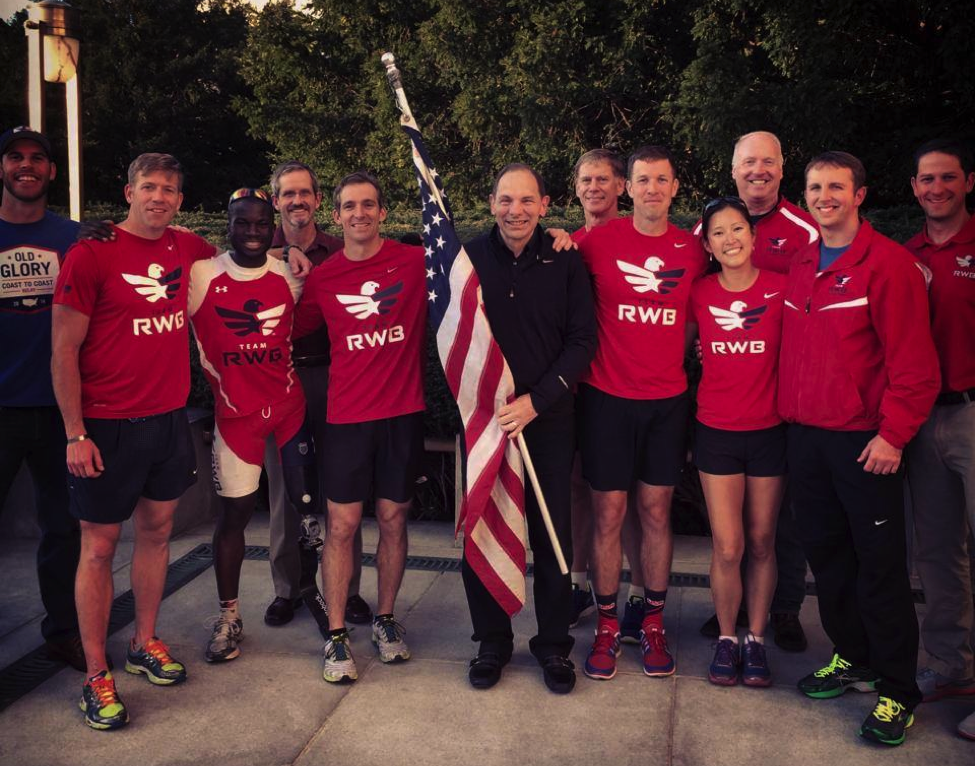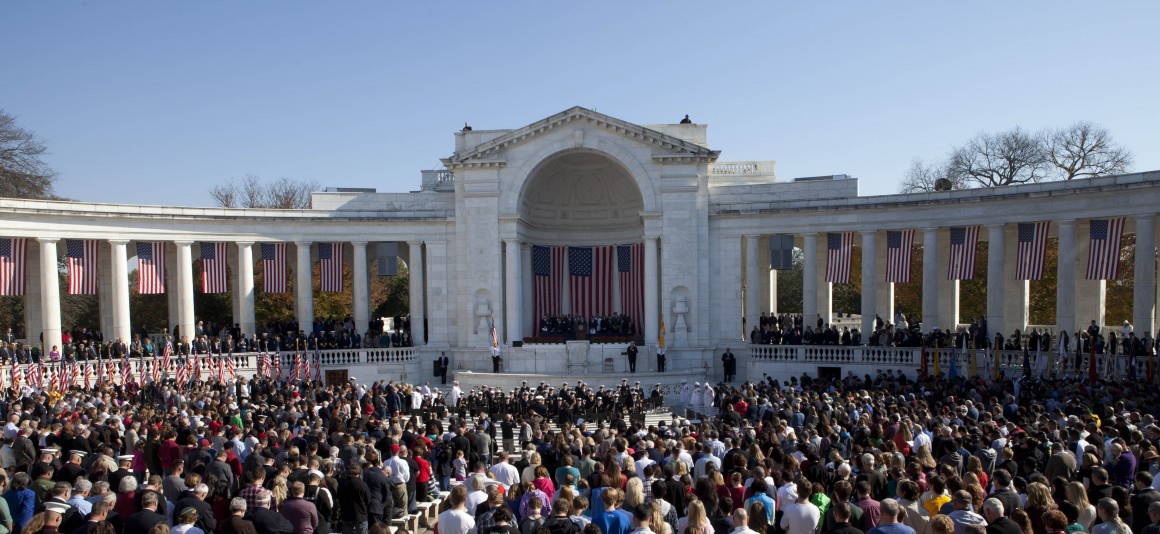Since uncovering wide-spread failures in the U.S. Department of Veterans Affairs (VA) health care system in April 2014, discussions on how the nation serves its veterans have moved out of lightly attended meeting rooms and into the spotlight. In the past few months, there have been some promising signs of improvement. A bipartisan reform bill, HR 3230, passed the Congress by a vote of 420 – 5 in the House and 91-3 in the Senate on August 1st, and a new Secretary of Veterans Affairs was confirmed in only 29 days. Yet, for all the recent support, for years Congress funded a disorganized and dysfunctional Department leading to a waste of taxpayer dollars. The overwhelming bipartisan support for Congress’ actions over the summer demonstrates that improving veterans policy is achievable, even in this sharply partisan Congress. However, the understanding of the needs of our nation’s veterans is still too limited within Congress and amongst the public to result in systemic, effective, and meaningful change. To prevent this issue from fading back into the shadows, we must make an effort to bridge the civil-military gap.
Legislators interested in supporting veterans policy change may have wasted their effort on the wrong target; the largest portion of the reform bill was related to the veterans healthcare system and intended to provide access to benefits outside of VA hospitals and clinics if long wait times or excessive distance from a clinic were identified. Yet the majority of veterans do not receive healthcare from the VA – only 8.9 million are enrolled out of an estimated 21 million veterans. Veterans often benefit from other federal programs, which help them attain positive financial, educational, and employment outcomes as they return to the society they served. These include tax breaks for certain categories of veterans, the Post-9/11 GI Bill, and protection of employment rights. Understanding what actually helps veterans succeed allows policy discussions to move toward responsible, fact-based analysis of what our nation should do to support those who served us. Without greater understanding, which is greatly fading from Washington, we are bound to continue wasting money on an outdated organization.
The recently identified failures did not happen overnight and will not be fixed overnight. The new Secretary of Veterans Affairs, Robert McDonald, demonstrated leadership as an Army officer and as an executive at Proctor and Gamble. He must now use his experience to transform the culture at an organization with a $165 billion budget that serves almost every community in the country. Congress and executive offices must provide oversight of this process as the VA recently demonstrated unacceptable data production in the health and benefits administrations. In this uncertain situation, pre-election Congressional oversight focused on the fact that those likely responsible for the scandals are still working for the VA. Secretary McDonald responded by implying that the legislators failed to understand the bill they passed. Government workers are still provided rights under the civil service system regardless of the reform bill. This is just one example of misguided oversight in the absence of public understanding.
A simple and rewarding way for policymakers and the public to interact with veterans is to participate in a new wave of local non-profit organizations focused on reintegrating veterans into their communities. Team Red, White, and Blue (Team RWB), Team Rubicon, and communities like Alexandria, Virginia are leading the way in this effort. Team RWB connects veterans with civilians in their communities through physical activity. By maintaining or improving veterans’ health, and by providing genuine community interaction, this organization capitalizes on common strengths of veterans to reintegrate them with their neighbors. Team Rubicon allows veterans to continue to serve by quickly sending teams to natural disaster sites in the United States and around the world. They are improving veterans’ lives and filling a gap in federal government disaster response capabilities. Local communities like Alexandria, Virginia, are seeking veterans to establish roots and start businesses. Areas like Alexandria are hoping to capitalize on the leadership and resiliency veterans bring to their new communities. By providing ways to increase the interaction between veterans and society, these organizations are helping bridge the gap in understanding how the public can support veterans.

As we celebrate Veterans Day in America, take some time to seek out ways to interact with veterans in your community. By doing so, you can understand and advocate for more effective and efficient policies on their behalf. The necessary investment is small and produces positive outcomes, whether through better fitness, more volunteer opportunities, or appreciation for the opportunities in life indirectly provided by the service of others. Regardless, vast sums of money are spent by our government to support its veterans, and it is the responsibility of our society to understand veterans enough to ensure those funds are spent effectively.
Josh Grubbs is a Master of Public Policy Candidate at Georgetown University. He is a native of Norman, Oklahoma and a graduate of the United States Military Academy at West Point. Josh is focusing on veterans policy during his time at Georgetown. He is an active member of Team Red, White, and Blue, a registered member of Team Rubicon, and has spent a number of days and nights interacting with veterans in Alexandria thanks to Team RWB. His views are his own and do not represent those of the United States Army.
